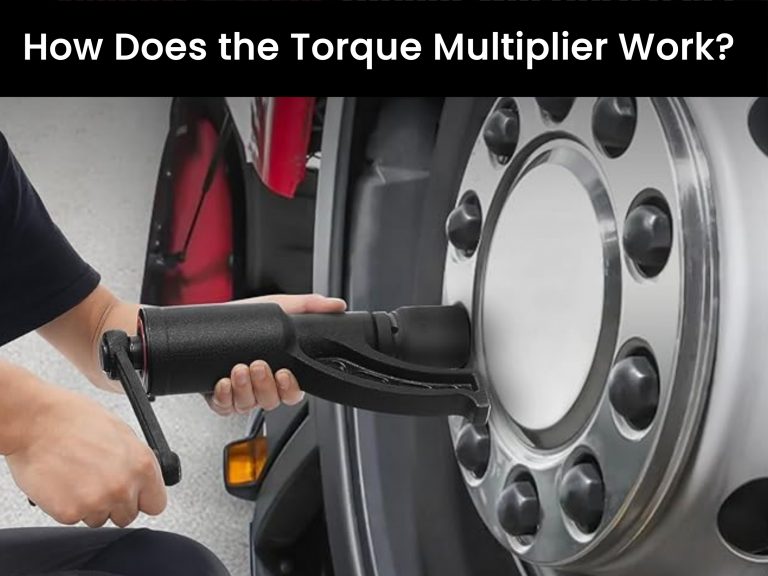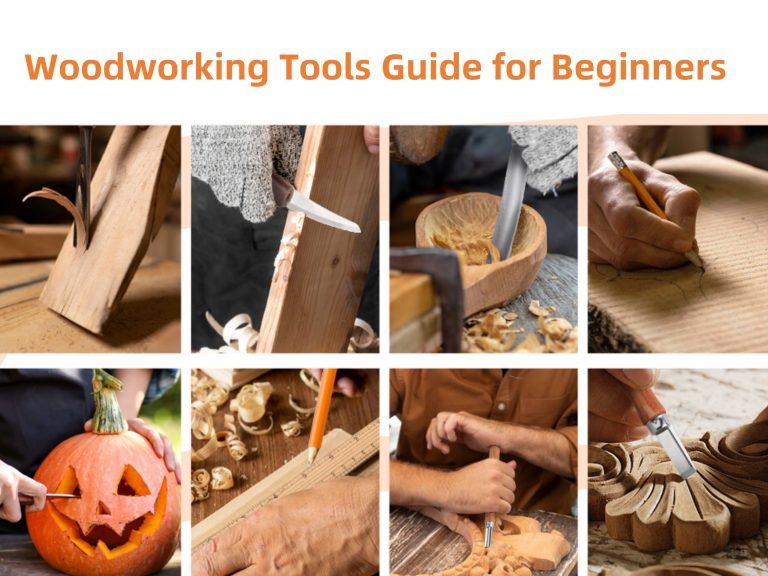A torque wrench is an essential tool for any mechanic or DIY enthusiast. Whether you’re repairing a car, building a bicycle, or any other project that requires precise tightening of screws, a torque wrench guarantees correct tightening with the correct torque. In this blog post, we’ll take a closer look at the structure and function of a torque wrench.
The structure of the torque wrench is relatively simple, but its inner workings are extremely precise and technologically advanced. A typical torque wrench consists of four main components: handle, driver, dial, and reversible ratchet head.
The handle is the part of the torque wrench that is held in the hand. It is ergonomically designed to ensure a comfortable and secure hold. The handle is usually made of non-slip material to prevent slipping during use.
The torque wrench drive is the component that transmits rotational motion. There are different types of drives such as ratchet mechanisms or hydraulic drives. The ratchet mechanism is the most popular and common drive device in torque wrenches. It enables precise and even tightening of screws.
The scale on the torque wrench shows the torque to tighten the screw. The scale can be in different units, such as Newton-meters (Nm) or foot-pounds (ft-lb). Accurate display of torque is important to avoid overloading or over-tightening screws. The scale is usually clearly visible and easy to read to minimize errors when reading.
The reversible ratchet head is the head of the torque wrench that connects to the screw. Some torque wrenches have interchangeable heads for tightening different types of screws or nuts. The switch ratchet head allows you to easily and quickly switch between forward and reverse movement, making tightening and loosening screws easier.
The way a torque wrench works is based on an introductory principle of physics – torque. Torque is the product of the applied force and the distance to the pivot point (in this case, the screw). Torque wrenches allow the user to precisely adjust the applied torque to apply precise preload to screws.
To use a torque wrench correctly, you must first set the desired torque according to the manufacturer’s instructions. This is usually done by turning the handle or scale on the torque wrench. Once the desired torque is set, place the torque wrench on the screw and tighten the screw with even pressure. Once the set torque is reached, the torque wrench will emit a clear clicking sound or a distinct kickback sensation, indicating that the required torque has been reached.
A torque wrench is an essential tool to ensure that screws are tightened correctly. Improper tightening of bolts can result in component damage or even hazardous conditions. Using a torque wrench ensures that the bolts are tightened with the correct force, which gives you confidence in the integrity of the job.
Overall, a torque wrench is a simple but extremely important tool that can save you time and money on projects that require precise tightening force. Proper construction and use of a torque wrench ensures safe and reliable work. So, invest in a high-quality torque wrench and take advantage of the advantages it offers!



